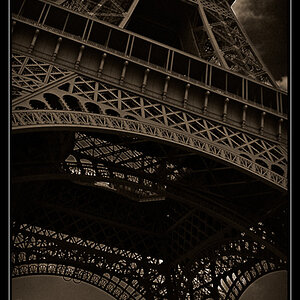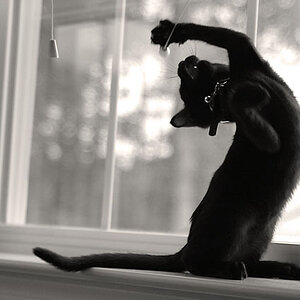Wizard1500
No longer a newbie, moving up!
- Joined
- Jul 1, 2014
- Messages
- 294
- Reaction score
- 88
- Location
- Florida
- Can others edit my Photos
- Photos OK to edit
Would a circular polarizing filter be desirable for studio work of items that contain stainless steel? I have experience ( from the '70's - '80's in wedding and portraiture ), but am new to all this digital stuff. I understand how polarizers work, just don't know if it would be beneficial in a studio setting....tia.....


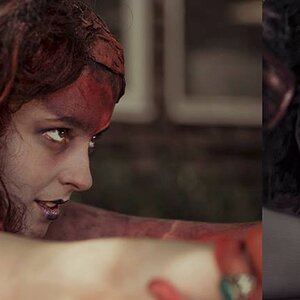
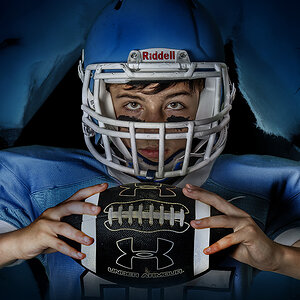
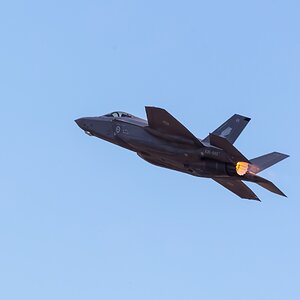
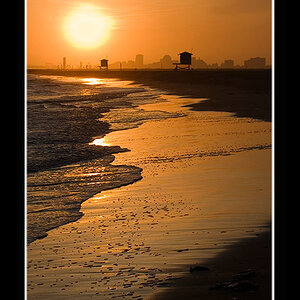

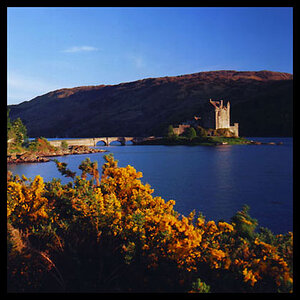
![[No title]](/data/xfmg/thumbnail/39/39224-aa3271aa220fe57f37caf898b6984846.jpg?1619738926)

